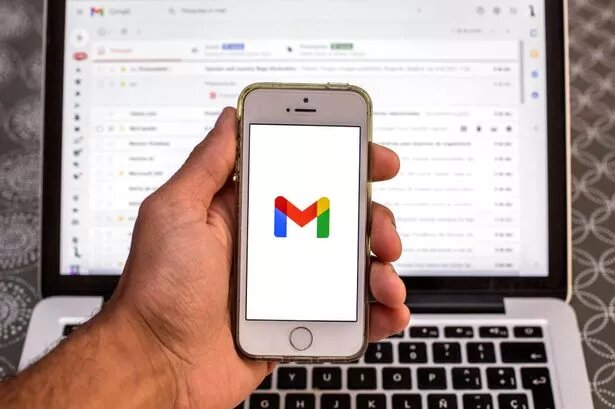If you recently accessed Gmail on your web browser, most likely, you saw a popup that said, “Enhanced Safe Browsing.” The notification can be delayed or ignored, but it could have caught your attention. Who, after all, would not want to use the internet safely in these days of rising cyber fraud?
Users get a quicker experience and greater proactive security from unsafe websites, downloads, as well as extensions, according to Google, when “Enhanced Safe Browsing” is enabled. It automatically enhances the safety of Gmail along with Google Chrome.

More people are now noticing the prompt, which only recently began to roll out. According to Google, activating Enhanced Safe Browsing would offer “real-time” safety checks and alert individuals about potentially harmful websites, programs, and extensions.
Additionally, it appears to enhance Google’s capacity to identify and shield from malware as well as phishing for both you and others who are browsing the web. In addition, Google says that its applications provide greater protection against harmful connections.
Users must access their Google accounts, choose security from the left-hand menu, scroll down to discover Enhanced Safe Browsing for Your Gmail Account, and then choose whether or not to activate it.
Also Read: Microsoft signs agreement to keep Call of Duty on PlayStation
Google says that the change may not become active for a maximum of 24 hours.
The timing of Google’s change coincides with an increase in online fraud. Due to the quick growth of free-to-use artificial intelligence (AI) generative sites, email fraudsters, including those using Gmail, might discover it much simpler to craft plausible email hoaxes. Even though “Enhanced Safe Browsing” may contain many perks, google is also storing data to safely guard privacy.
The official FAQ notes:
“To help protect your account and data, Enhanced Safe Browsing for your account checks for risks: URLs, Downloads, Browser extensions, System information, and Small sample of pages.”
Source: indiatoday.in
To preserve privacy, Google has recommended masking acquired data after a brief interval.
However, CNET, citing a Princeton and Stanford Universities study, notes that “anonymized data, including search histories, can be linked to social media profiles using publicly available data.”
Source: indiatoday.in
Emerging programmers could be harmed by the functionality since they could be required to wait for the company’s credible certification. This is a result of the company’s recent adoption of strict dev program regulations. Days of waiting time could be detrimental to new developers.

I am a student pursuing my bachelor’s in information technology. I have a interest in writing so, I am working a freelance content writer because I enjoy writing. I also write poetries. I believe in the quote by anne frank “paper has more patience than person